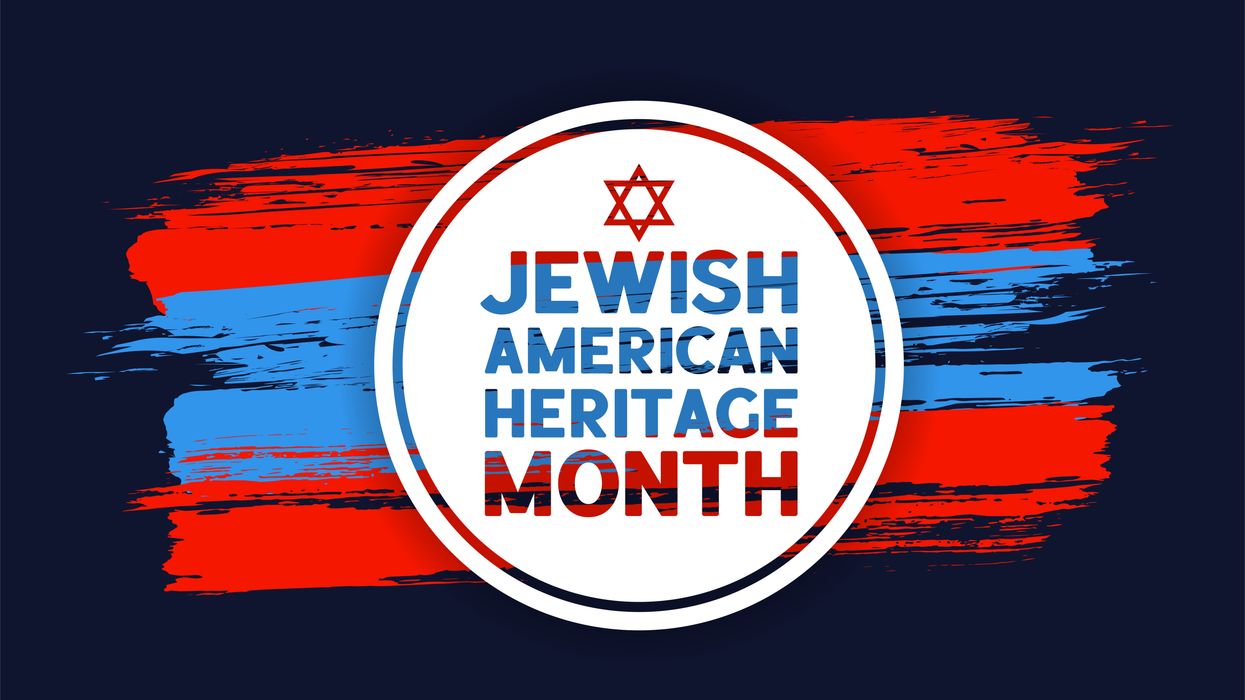Savenor is a rabbi and executive director of Civic Spirit, a nonpartisan organization that provides training and resources to faith-based schools across the United States.
In the fall of 1654, a ship called the St. Cathrien sailed into New Amsterdam, a city that would later become New York. Onboard were a small group of Jewish passengers. This “Plymouth Rock” moment was the beginning of Jewish life in America, but it was almost short-lived.
The Dutch territory's governor, Peter Stuyvesant, harbored an unfavorable opinion of not just these 23 Jews, but also all Jews, whom he described as "hateful enemies and blasphemers of the name of Christ." He appealed to the Dutch West India Company to expel the Jews. Besides Stuyvesant’s overt antisemitism, he asserted that there was another significant reason to deny Jews residence in New Amsterdam: By allowing the Jews to stay in the colony, "we cannot refuse the Lutherans and Papists." In other words, accepting the Jews now means taking other undesirables later.
Thankfully the Dutch West India Company rejected Stuyvesant's request. As long as the Jewish community followed the law of the land and took care of their own, the Jews could stay.
This episode warrants our attention as we conclude our celebration of Jewish American Heritage Month, which provides an opportunity to reflect on the triumphs and travails of American Jews since 1654. Sadly, this painful story about past discrimination resonates more deeply today due to the dramatic rise in antisemitism over the past year, let alone Oct 7. Verbal and physical threats in schools and in the public square are disheartening because they run counter to our nation’s visionary spirit as expressed by George Washington: “To bigotry no sanction, to persecution no assistance.”
In his new book, “ Saying No to Hate: Overcoming Antisemitism in America,” Norman Finkelstein writes: “In the more than 2,000-year history of the Jewish diaspora, no country has offered Jews more freedom, legal protection, and opportunity than the United States of America. Yet, American Jews have always been aware of a residue of anti-Jewish hate lurking in the background, ready to emerge at any time.”
That antisemitism has represented society’s metaphorical canary in a coal mine sounds the alarm beyond the Jewish community. Antisemitism is a shared cause of concern because time and time again it unleashes other forms of hatred that can threaten our democracy.
Civic Spirit, the organization for which I work, firmly believes that civic education can enable our society to overcome these challenges. Civics is a vehicle to create informed and open-minded citizens, build confidence in American democracy, and shape our country's future leadership.
The story of American Jewry contains multiple entries about perseverance and resilience in the face of adversity. Equally important, we witness how society can reach new levels of success when its members say no to hate.




















Trump & Hegseth gave Mark Kelly a huge 2028 gift